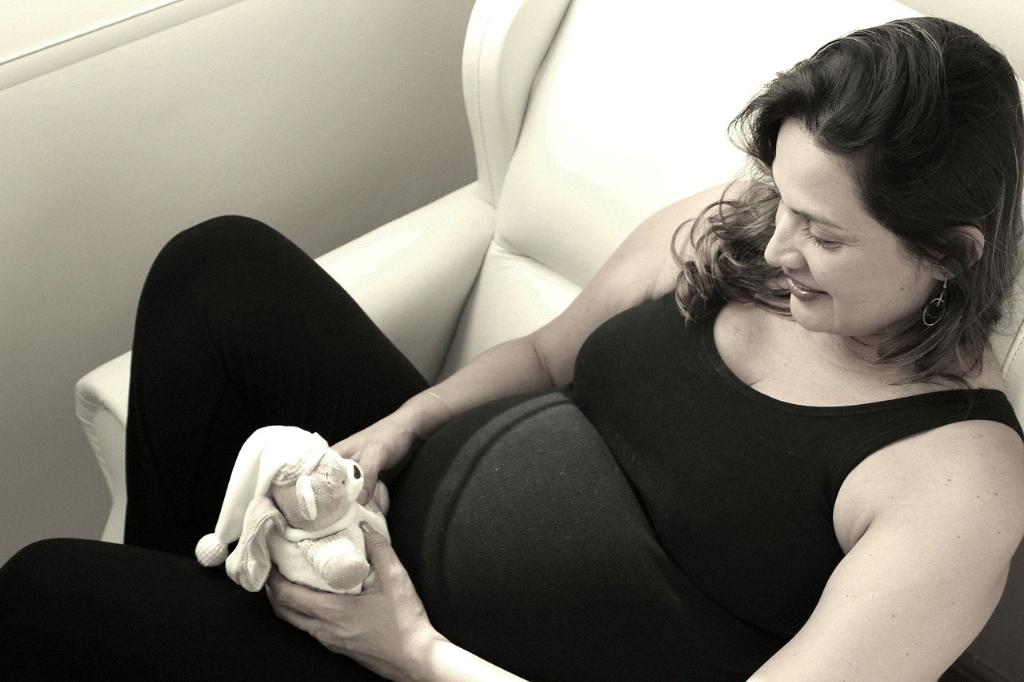Recovery from a C-section is a critical aspect of postpartum care for women. While it’s commonly stated that full healing takes around 4 to 6 weeks, individual experiences vary significantly. Research indicates that a notable percentage of women may still experience discomfort well beyond this initial timeframe.
The Initial Weeks Post C-section
During the first few weeks following a C-section, the focus is primarily on managing pain, ensuring proper wound care, and gradually increasing mobility. It is essential for women to follow their healthcare provider’s instructions diligently to facilitate the initial stages of healing.
Long-term Recovery Challenges
Studies have shown that a considerable number of women continue to experience pain around the incision site up to 24 weeks after the surgery. This highlights the need for extended postpartum support and monitoring to address any lingering issues effectively.
Physical Limitations and Activity Restrictions
Following a C-section, it’s crucial for women to understand and adhere to the activity restrictions recommended by their healthcare provider. Engaging in strenuous activities prematurely can impede the healing process and potentially lead to complications.
Emotional Well-being and Recovery
Aside from the physical aspect, emotional well-being plays a significant role in the overall recovery journey after a C-section. It’s essential for women to acknowledge and address any feelings of anxiety, sadness, or stress that may arise during this period.
Diet and Nutrition for Healing
A balanced diet rich in essential nutrients plays a vital role in supporting the body’s healing process post C-section. Adequate hydration and a focus on nutrient-dense foods can promote recovery and boost overall well-being.
Importance of Rest and Self-care
Rest is paramount in the healing process after a C-section. Women should prioritize sufficient rest and relaxation to allow their bodies to recover effectively. Engaging in self-care practices such as gentle stretching, deep breathing exercises, and mindfulness can also aid in the healing journey.
Monitoring and Follow-up Care
Regular check-ups with healthcare providers are crucial in monitoring the progress of healing after a C-section. Any concerns or persistent symptoms should be promptly addressed to ensure optimal recovery and prevent potential complications.
Support Systems and Community
Building a strong support system during the postpartum period can significantly impact a woman’s healing journey. Surrounding oneself with understanding and supportive individuals can provide emotional comfort and practical assistance as needed.
Individual Variation in Healing Timelines
It’s important to remember that healing timelines can vary greatly among women. Factors such as overall health, previous medical history, and lifestyle choices can influence the speed and efficacy of recovery after a C-section.
Patience and Self-compassion
Practicing patience and self-compassion is key during the healing process post C-section. It’s normal to experience ups and downs along the way, and giving oneself grace and understanding can aid in a smoother recovery journey.
Seeking Professional Guidance
If persistent pain, unusual symptoms, or concerns arise during the post C-section recovery period, it is essential to seek professional guidance promptly. Healthcare providers can offer tailored advice and interventions to address any issues effectively.
Conclusion
In conclusion, the healing process after a C-section is a personalized journey that requires attention to physical, emotional, and nutritional aspects. By prioritizing self-care, following medical guidance, and seeking support when needed, women can navigate the recovery period after a C-section with resilience and patience.

